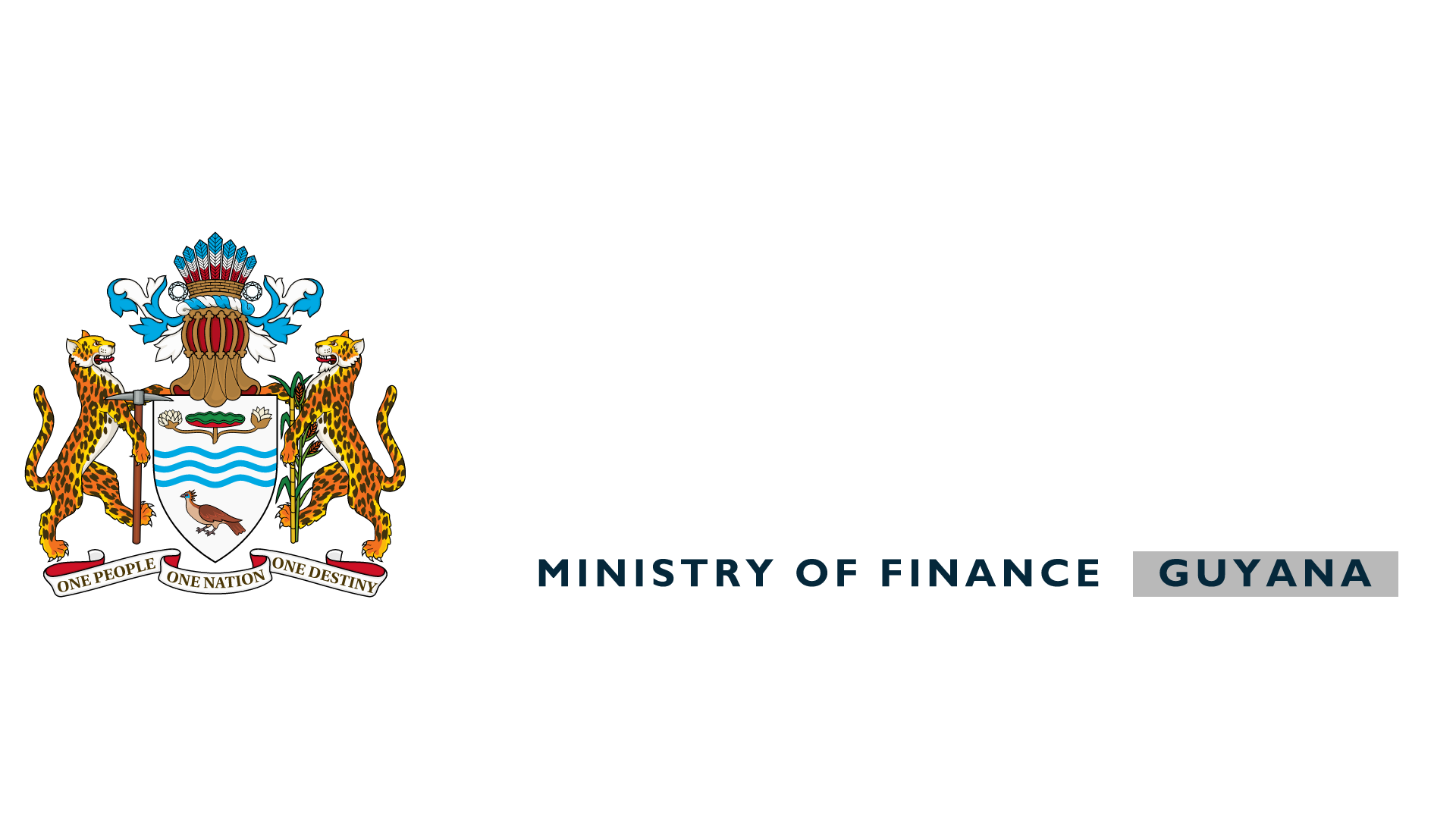The objective of the Office of the Budget is “to foster strong economic development through effective management of the economy and more specifically public finances”. This is facilitated through the preparation of the country’s annual revenues and expenditure estimates, effective and efficient management and monitoring of resource allocation and utilization combined with the formulation of constructive and effective economic policy. Additionally, the office plays a pivotal role in the preparation and analysis of macroeconomic information, economic and fiscal policy generation which informs the national decision making bodies.
The core responsibility of the office is to effectively and efficiently manage the budget of the Government of Guyana. This is facilitated through the operations of the Fiscal and Monetary Division (FMD) with the assistance of the Debt Management Unit (DMD) and the Enterprise Monitoring Division (EMD).
Fiscal and Monetary Division
The FMD is tasked with the responsibility of annually preparing, managing and monitoring the national budget or financial plan of the country towards the effective and efficient delivery of the Government’s programmes and policies for each fiscal year. This division is also responsible for vigilantly managing and monitoring all foreign inflows as well as domestically generated revenues to ensure adequate and timely financing is available for budget implementation. The division is also charged with the responsibility of formulating and reviewing fiscal and monetary policies which would effectively sustain private and public sector activity. Additionally this division also produces economic forecasts of Central Government’s cashflow position, for the purpose of liquidity management. Overall this divisions plays a critical role is support of the Ministry’s Mission which is “To foster strong economic development by managing and maintaining sound public finances, providing a positive framework for public and private initiatives and mobilizing inflows and resources.”
Debt Management Division
The DMD is charged with the responsibility of managing all of the country’s external public debt (including public and publicly guaranteed loans and contingent liabilities for the Central Government, Bank of Guyana and Parastatals). More specifically, the DMD is the focal point for:
- recording and monitoring all debt inflows (external and domestic loans), with the exception of grants;
- initiating debt servicing of all external and domestic loans;
- compiling and producing reports on debt statistics and analysis;
- conducting and implementing debt and new financing strategy analysis and formulation;
- undertaking debt sustainability analysis for presentation to the Minister of Finance for his approval; and
- coordinating of debt management activities related to capacity-building among the various international institutions providing assistance to the Government.
While the DMD is responsible for debt renegotiations and debt relief schemes (including traditional debt relief mechanisms, the Heavily Indebted Poor Countries (HIPC) and multilateral debt relief schemes), it has been involved in reviewing new loan proposals and participating in other forms of bilateral debt negotiations such as on-lending agreements, export credits, non-concessional credits etc.
Given the new challenges and changes in the scope of debt management, in a post-HIPC era, the DMD is expected to play a major role in the analysis of domestic debt (in collaboration with the Fiscal and Monetary Division (FMD), the Accountant General’s Department and the Bank of Guyana) and new borrowings, in particular, in assessing the implications on the sustainability of the country’s external and domestic debts and researching new aid initiatives.
Enterprise Monitoring Division
The Enterprise Monitoring Division co-ordinates and prepares reports on the financial performance of ten (10) Public Enterprises. The Division also examines the annual estimates of revenues and expenditures of forty-one (41) Statutory Bodies under the control of several Government Ministries. It also compiles monthly, quarterly and yearly data on production and exports for the real sectors of sugar, rice, bauxite, gold and forestry. Further the Division also monitors the movement on the fob price for a barrel of oil (particularly gasoline, diesel and kerosene) by preparing frequent price composition and price survey tables for the Minister of Finance.
